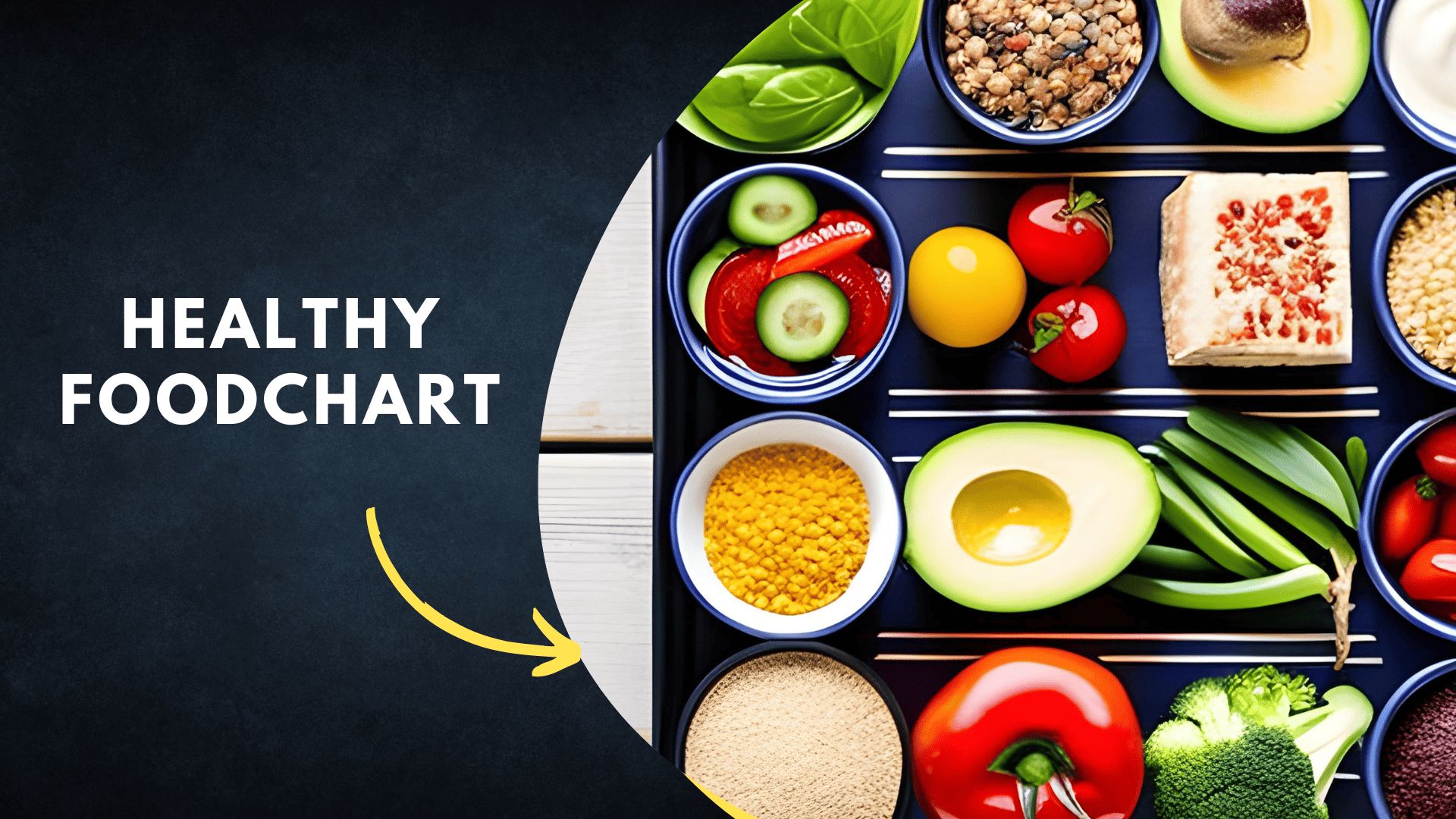
In the quest for healthy weight loss, many of us turn to nutrient-rich foods, and fruit often seems like an obvious choice. It’s naturally sweet, refreshing, and packed with vitamins. However, despite its undeniable health benefits, medical professionals are issuing a crucial warning: there’s a common fruit-related mistake that could be actively hindering your weight loss efforts. This isn’t about avoiding fruit altogether, but rather about understanding how to make the smartest choices for your body and your goals.
While fruit is generally beneficial and research consistently supports its role in maintaining a healthy weight, the devil, as they say, is in the details – specifically, the type, amount, and form of fruit you consume. The answer to whether eating fruit is helpful or harmful for healthy weight loss “depends on the type of fruit you choose, how much you eat, the diet you follow, and how your blood sugar responds.” It’s about leveraging fruit’s natural advantages, like fiber and water content, which contribute to satiety and lower calorie intake, while sidestepping choices that can work against you.
This in-depth guide will not only unveil the primary fruit pitfall doctors are urging people to avoid but also introduce you to 15 of the best science-backed fruits that can actively support your weight loss journey. We’ll delve into their unique nutritional profiles and explain exactly why they deserve a prominent place in your diet, ensuring you can enjoy fruit’s goodness without compromising your health goals.
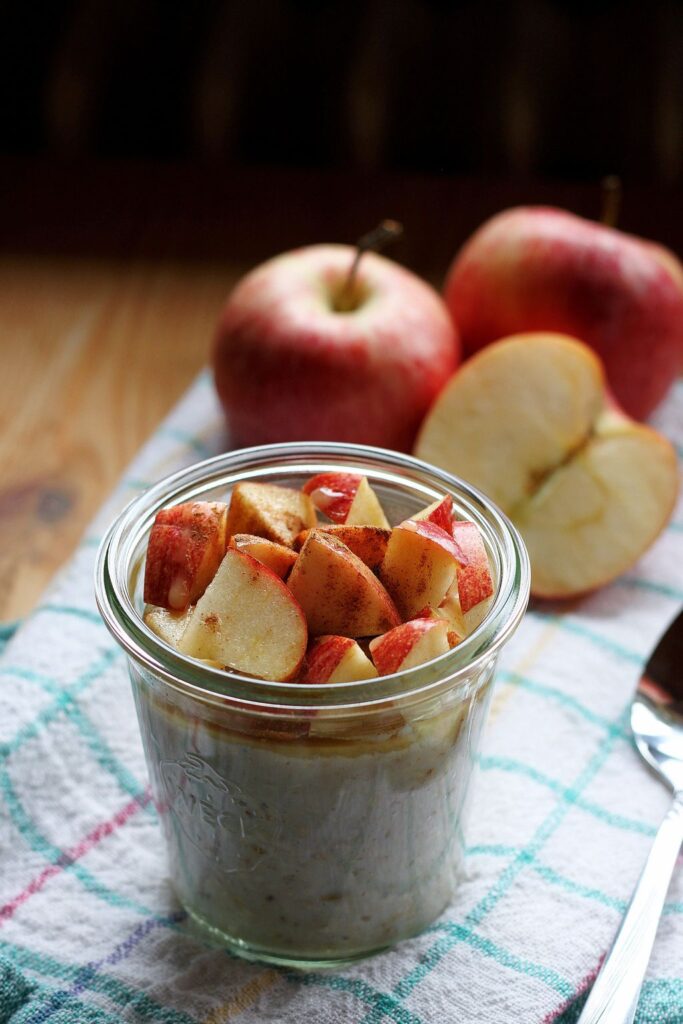
1. **Apples**Apples stand out as a premier choice for anyone aiming to lose weight, largely thanks to their impressive fiber content and satisfying crunch. A single large apple can provide about “5 grams of fiber, including both soluble and insoluble types.” Soluble fiber, in particular, is a game-changer for appetite control, as it works by slowing down digestion and promoting a prolonged feeling of fullness. This natural satiety can be incredibly helpful in leading to a reduced overall calorie intake throughout the day.
Beyond just the fiber, the very act of eating an apple contributes to its weight loss benefits. Apples necessitate more chewing than many other fruits, and “research suggests that the act of prolonged chewing may signal fullness and reduce overall food intake.” Additionally, apples play a role in digestive health by helping to draw water into the digestive tract, further assisting in appetite regulation. This combination of fiber, mastication, and hydration makes apples a powerful ally; a 2015 study highlighted that “those who regularly ate apples were 30% less likely to be obese compared to non-apple eaters.”
Read more about: Unraveling the Final Moments: An In-Depth Investigation into the Tragic Demise of Paul Walker at 40
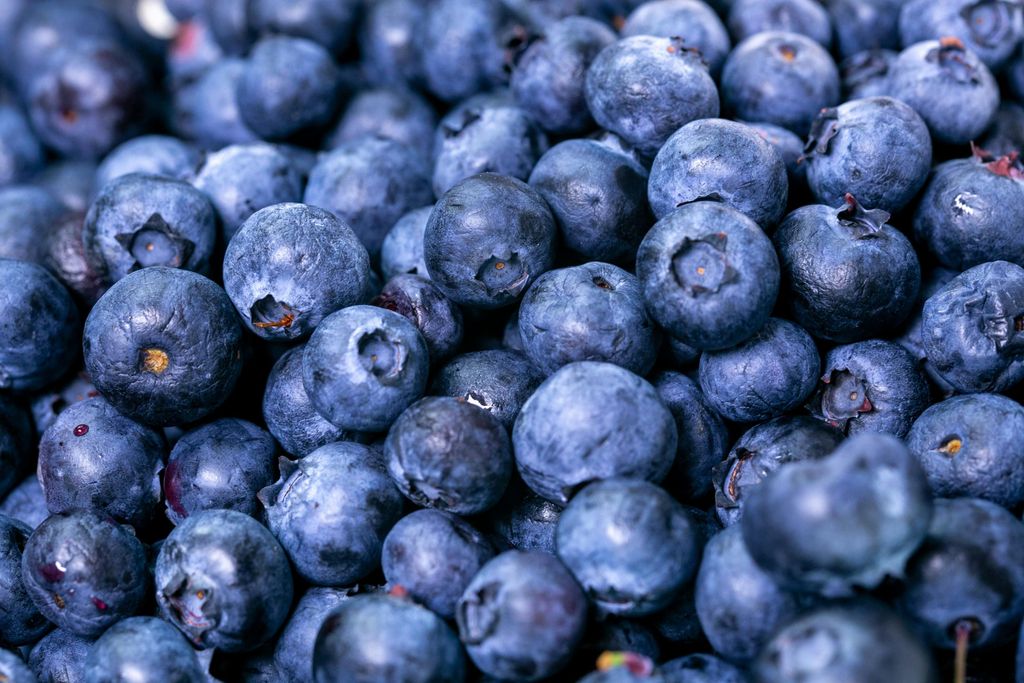
2. **Blueberries**These vibrant little berries are more than just a sweet treat; they are a nutritional powerhouse, especially when it comes to weight management. Blueberries are notably “packed with anthocyanins, a type of flavonoid antioxidant that may play a role in weight management.” These specific antioxidants are not just good for general health; research indicates that among various flavonoids, “anthocyanins — abundant in blueberries — are linked to the least weight gain over time.”
The evidence supporting blueberries’ role in maintaining a leaner body composition is quite compelling. A fascinating study involving female twins revealed a direct correlation: “the twin who consumed more blueberries tended to have a leaner body composition than the one who ate fewer.” This suggests that even when genetics are identical, dietary choices, such as incorporating more blueberries, can significantly influence body weight and overall health. Their low energy density and high nutrient content make them an ideal snack or addition to meals for weight loss.
Read more about: Exposed: 14 Dark Secrets and Scam Tactics of the Wellness Industry’s Most Deceptive Gurus
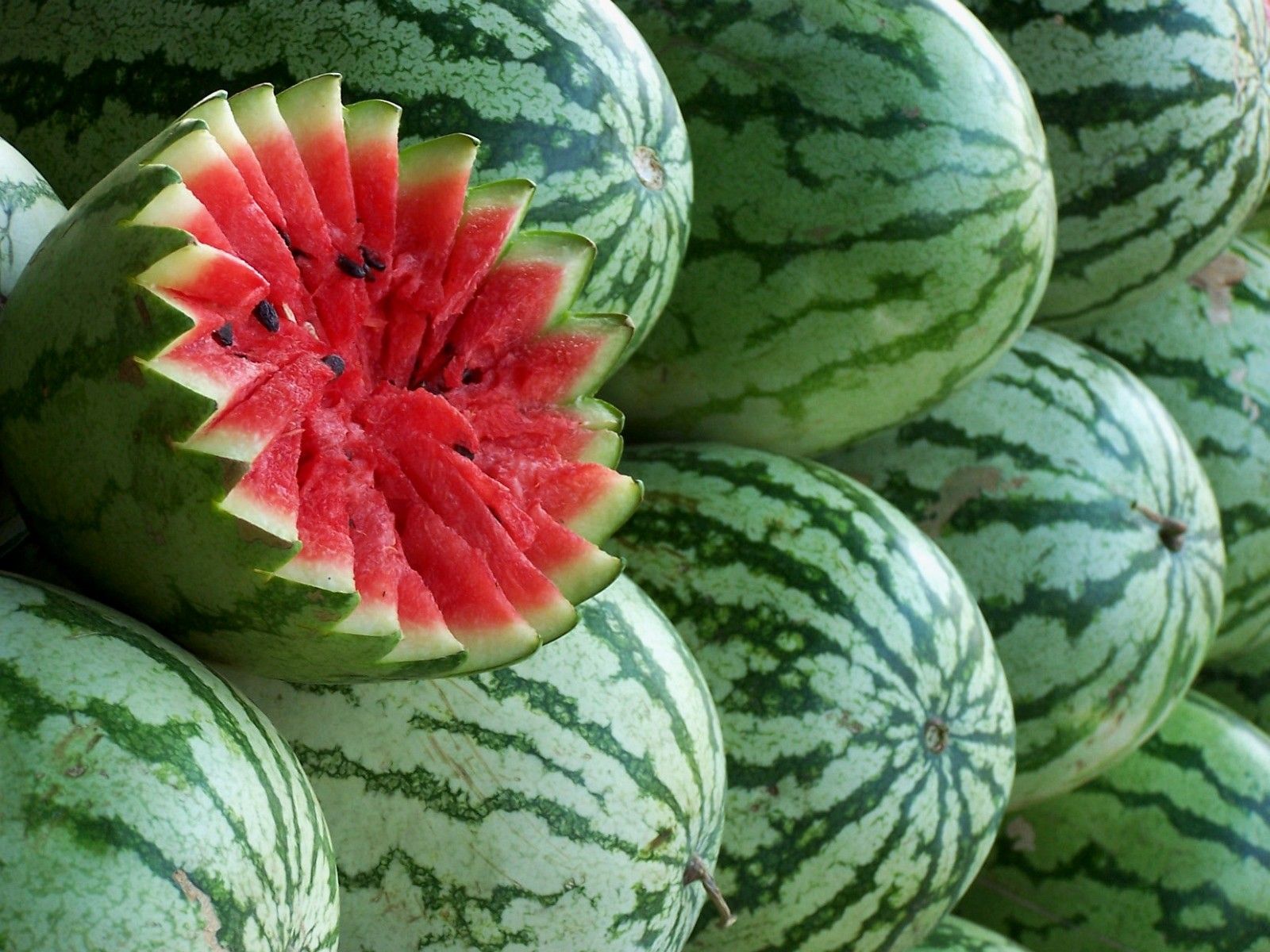
3. **Watermelon**Often associated with summer picnics and hydration, watermelon offers surprising benefits for those looking to shed pounds. Its name is a giveaway: watermelon is exceptionally rich in water, which significantly dilutes its natural sugar content. This high water content is key to its low energy density, meaning you can consume a substantial amount of it without taking in excessive calories.
One study specifically highlighted watermelon’s ability to help individuals feel full and reduce hunger. When compared to a cookie snack, despite both having the same number of calories, “daily watermelon eaters reported less hunger, greater fullness and a reduced desire to eat during the day, and they also lost significantly more weight than the cookie eaters.” This makes watermelon an excellent choice for satisfying cravings and feeling satiated, naturally leading to a lower overall food intake and supporting weight loss efforts.
Read more about: Are You Driving a ‘Slowpoke’? 15 Cars That Are More Painful to Drive Than a Commute

4. **Avocado**It might seem counterintuitive to include a high-fat fruit on a weight loss list, but avocados are indeed a nutritional marvel that can aid in managing weight. “Fat-filled avocados are technically a fruit,” and despite their calorie density, “there’s evidence that avocado eaters gain less weight over time.” The key lies in their unique combination of healthy fats, fiber, and other nutrients that promote satiety and reduce cravings.
A significant 2013 study demonstrated the power of avocados in appetite control. It found that “adding ½ avocado to lunch boosted satiety and decreased the desire to eat by 28% over the next five hours compared to a meal that lacked avocados.” This suggests that incorporating avocados into your meals can help you feel full for longer, making it easier to eat less and, consequently, lose weight. They are also lower in carbs and higher in fiber than many fruits, contributing to a feeling of fullness without adding excessive calories when consumed in moderation.
Read more about: The 17 Worst New Cars to Purchase Right Away: An In-Depth Consumer Guide for 2025
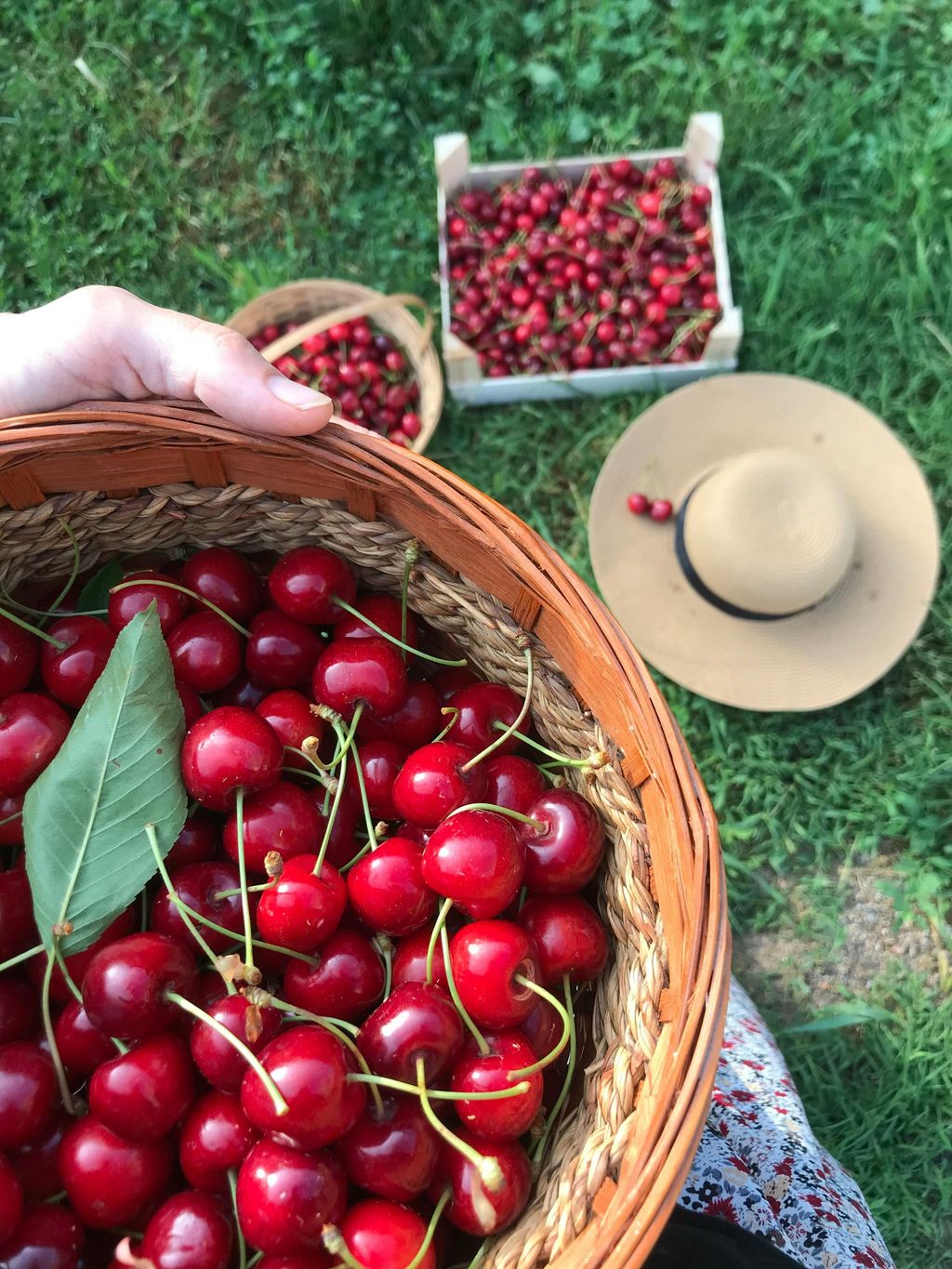
5. **Cherries**Beyond their delightful taste, cherries offer a unique pathway to weight loss through their impact on sleep. The fiber and polyphenols found in cherries not only help to “lower risk factors associated with obesity,” but more notably, “cherries may help you lose weight due to their role in promoting better sleep.” This connection is vital because research consistently shows that “regularly getting less than seven hours of sleep per night boosts the risk of obesity.”
Poor sleep wreaks havoc on your body’s delicate hormonal balance, specifically altering “appetite-regulating hormones, making you hungrier and making it harder to fill up on a meal that might have been satisfying had you gotten enough rest.” Insufficient sleep is also strongly associated with more frequent food cravings and a diminished motivation for physical activity. Both tart and sweet cherries have been linked to significant improvements in sleep, which in turn can create a more favorable environment for weight loss by helping to regulate hunger and energy levels.
Read more about: Beyond the Scoop: What Elite Chefs Really Look For in the World’s Best Ice Cream
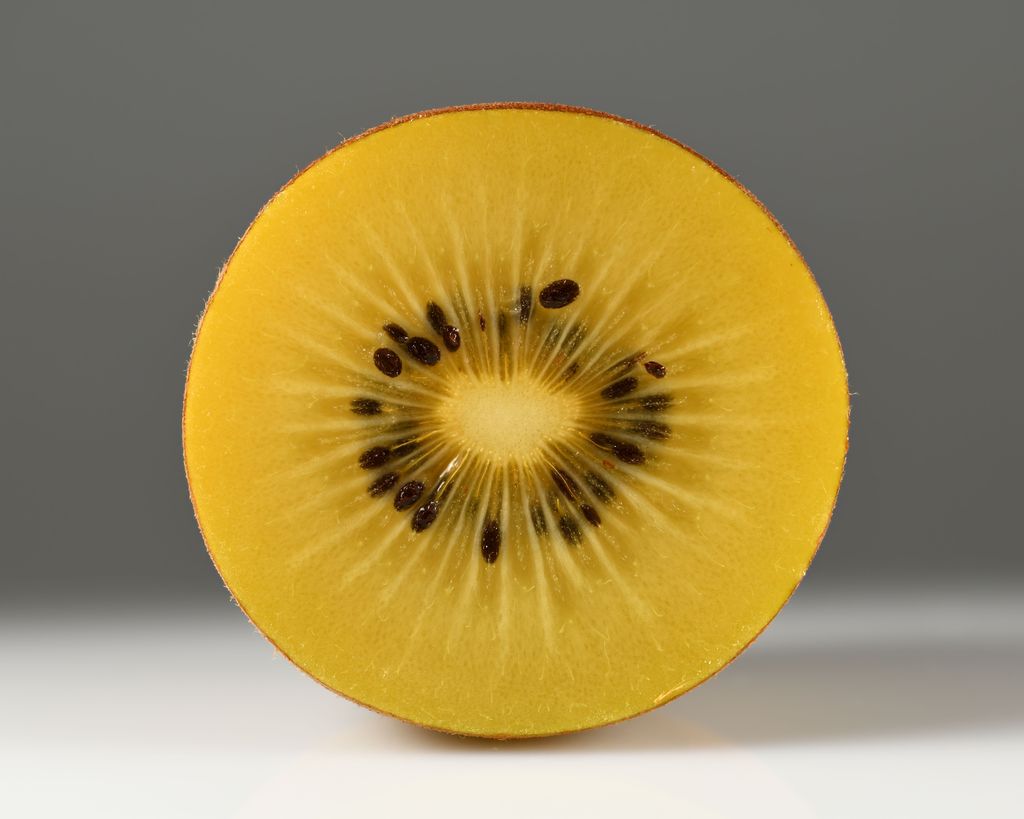
6. **Kiwifruit**Similar to cherries, kiwifruit offers an intriguing benefit for weight management rooted in its ability to enhance sleep quality. Scientific studies have shown that consuming “a couple of kiwis before bedtime has been shown to improve sleep quality, reduce the time it takes to fall asleep and increase sleep time by 13%.” For someone typically sleeping six hours, this could translate to “more than 45 extra minutes” of restful sleep, which, as we’ve learned, can be instrumental in your weight loss journey.
But the benefits of kiwifruit extend beyond just sleep. A six-week study found that “eating two kiwis per day resulted in significantly less body fat among overweight and obese young adults at the end of the study.” This suggests that other compounds within kiwis are also at play, contributing to fat reduction. With their rich fiber content and beneficial nutrients, kiwis are a small but mighty addition to a weight-loss-friendly diet.
Read more about: Ever Wondered How the Stars Whisper Sweet Nothings? Here’s Your Love Language, According to Your Zodiac Sign
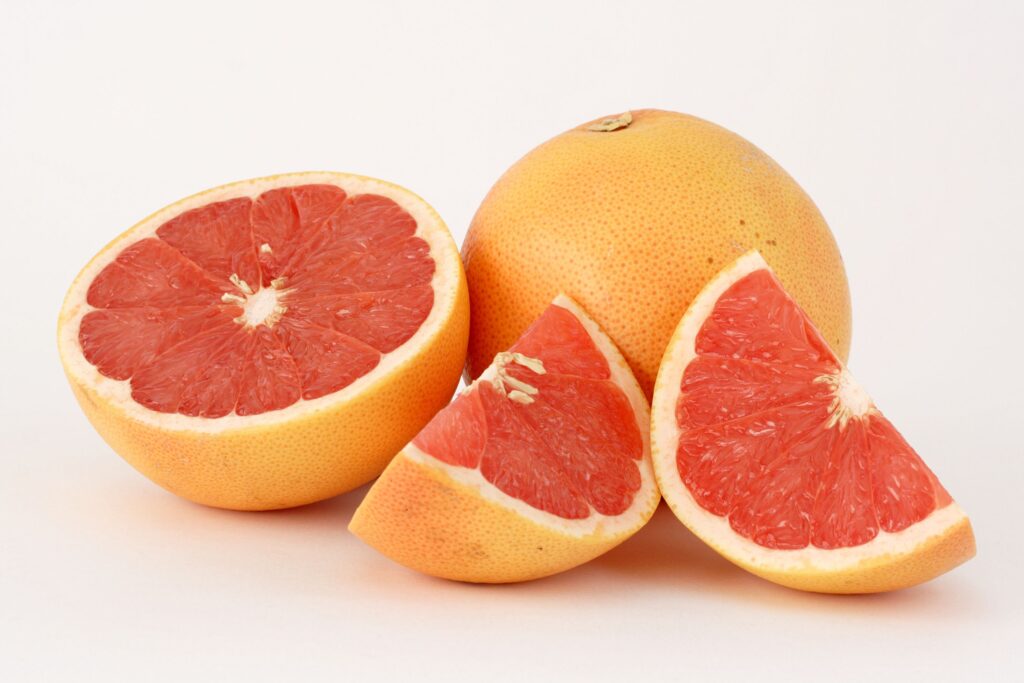
7. **Grapefruit**For those familiar with classic diet trends, grapefruit’s inclusion on a list of weight-loss-friendly fruits comes as no surprise, and for good reason. It has a well-established reputation, backed by research, for assisting with weight management. A study from “2006 suggests that eating half a grapefruit before a meal resulted in significant weight loss.”
This simple habit can make a measurable difference. Another study further supported these findings, demonstrating that “grapefruit consumption was associated with lower body weight, BMI and waist measurements.” Its low energy density and ability to impact metabolism make it a valuable addition to your pre-meal routine. Incorporating grapefruit can help kickstart satiety and reduce overall calorie intake, providing a tangible boost to your efforts to get fit and trim.” , “_words_section1”: “1940
Continuing our exploration of fruits that can be powerful allies in your weight loss journey, we now delve into eight more science-backed options. These fruits, like those discussed previously, offer unique nutritional profiles and mechanisms that contribute to feeling full, supporting metabolism, and aiding in overall healthy weight management. Remember, the key is mindful consumption and integrating these natural wonders into a balanced dietary approach.
Read more about: Unlock Top Quality and Value: Exploring Essential Kirkland Signature Products from Costco
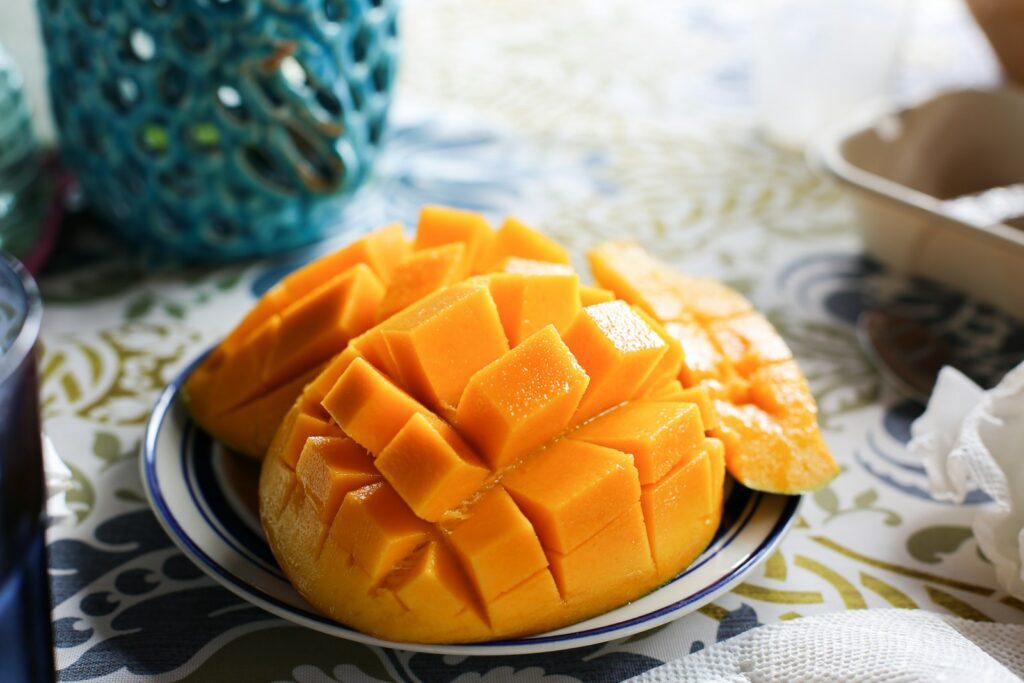
8. **Mango**Despite their natural sweetness, mangos should not be overlooked when you’re aiming for healthy weight loss. Research indicates that regularly including mangos in your diet can be associated with beneficial outcomes. A study comparing individuals who regularly consumed mangos with those who did not found a positive correlation: mango eaters tended to exhibit lower body weight, body mass index (BMI), and waist measurements, particularly among men.
Beyond their impact on body composition, mango eaters in the study also reported higher intakes of essential nutrients. This included fiber, which is crucial for promoting healthy digestion and enhancing feelings of satiety. Mangos are also a rich source of vitamin C, a nutrient that some research suggests may have higher requirements for individuals who are overweight or obese. Incorporating mangos, therefore, offers a delicious way to boost nutrient intake while supporting your weight loss goals.
Read more about: 25 Outfits That Redefine Trendy Fashion After 60
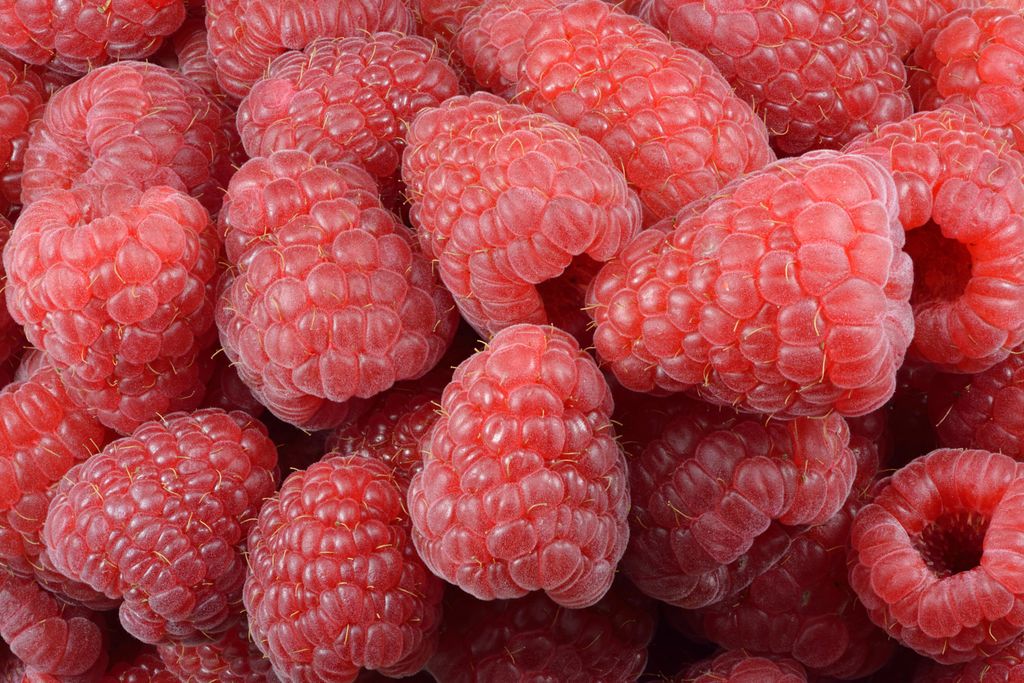
9. **Raspberries**Raspberries are another excellent choice for weight management, particularly due to their remarkable fiber content and rich supply of polyphenols. A mere half-cup serving of these vibrant berries provides approximately “5 grams of hunger-fighting fiber,” making them incredibly effective at promoting fullness and helping to curb excessive eating. This high fiber content is a significant advantage for anyone looking to reduce overall calorie intake naturally.
Moreover, the fiber in raspberries contributes to maintaining a healthy gut microbiome by promoting microbial diversity. Emerging research suggests that a diverse and healthy gut environment may play a crucial role in preventing obesity and supporting weight management. Thus, these small but mighty berries not only satisfy your sweet tooth but also offer comprehensive benefits for digestive health and sustained weight loss.
Read more about: Unlock the Secret to Perfect Blueberry Muffins: Streusel, Citrus & More
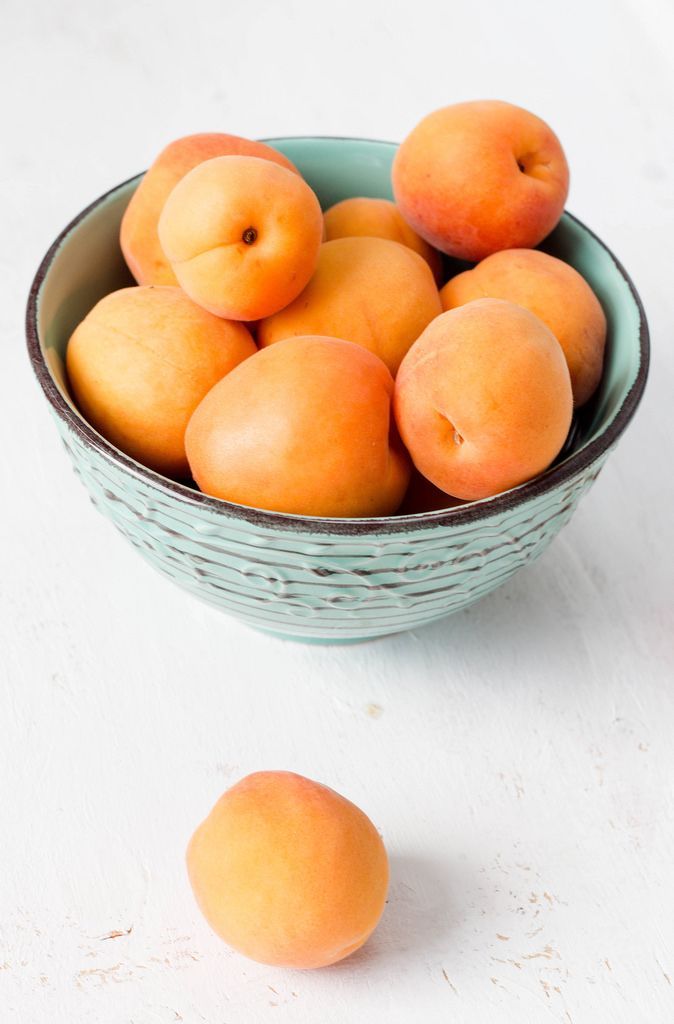
10. **Apricots**Fresh apricots are a wonderfully low-calorie fruit that can seamlessly fit into a weight-loss-friendly diet. Each fresh apricot contains only about “17 calories,” offering a naturally sweet treat without significantly increasing your daily caloric intake. This makes them an ideal choice for satisfying cravings while staying within your energy goals.
A key benefit of apricots for weight management comes from their soluble fiber content. Soluble fiber is known to slow down digestion, which helps stabilize blood sugar levels and prolongs feelings of fullness. This extended satiety can be instrumental in reducing overall calorie consumption by keeping hunger at bay and minimizing the urge to snack unnecessarily. Furthermore, like many fiber-rich fruits, apricots support gut health, an area increasingly recognized for its role in regulating body weight.
Read more about: Unveiling the Mediterranean: A Comprehensive Journey Through its History, Geography, and Enduring Significance

11. **Oranges**Oranges are renowned for their impressive vitamin C content, often providing almost a full day’s worth in a single fruit, and this nutrient may actively support your weight loss efforts. One study revealed a significant link between higher vitamin C intakes and lower BMI, weight, and waist circumference, as well as a reduced risk of being overweight or obese. This highlights vitamin C’s potential role in metabolic health.
In addition to vitamin C, oranges also contain about “2 grams of soluble fiber.” This type of fiber is particularly beneficial for weight management, as it’s associated with improvements in body weight and fat reduction. The combination of high vitamin C and soluble fiber makes oranges a smart and refreshing choice to incorporate into your diet, offering both nutritional density and satiety to aid in your journey to get fit and trim.
Read more about: Trump’s Sweeping Reversal: Unpacking the Policy Battle Over California’s EV Mandates and its Far-Reaching Implications

12. **Bananas**Often misunderstood in the context of weight loss due to their carbohydrate content, bananas actually offer unique benefits, especially when consumed in their less ripe (greener) state. These greener bananas are rich in “resistant starch,” a type of carb that can significantly contribute to feelings of fullness after meals. This enhanced satiety makes it easier to adhere to your calorie goals and avoid overeating.
Beyond their satiating effect, resistant starch in bananas undergoes fermentation when it reaches the colon, producing beneficial compounds that your body can utilize for energy. This process also nourishes beneficial gut bacteria, further supporting gut health—an area that mounting research suggests plays a significant role in weight regulation. Even ripe bananas are a healthier alternative to many processed sweets, providing about “100 calories and 3 grams of fiber” in a medium fruit, making them a wise choice for a balanced diet.
Read more about: Unveiling the Mediterranean: A Comprehensive Journey Through its History, Geography, and Enduring Significance
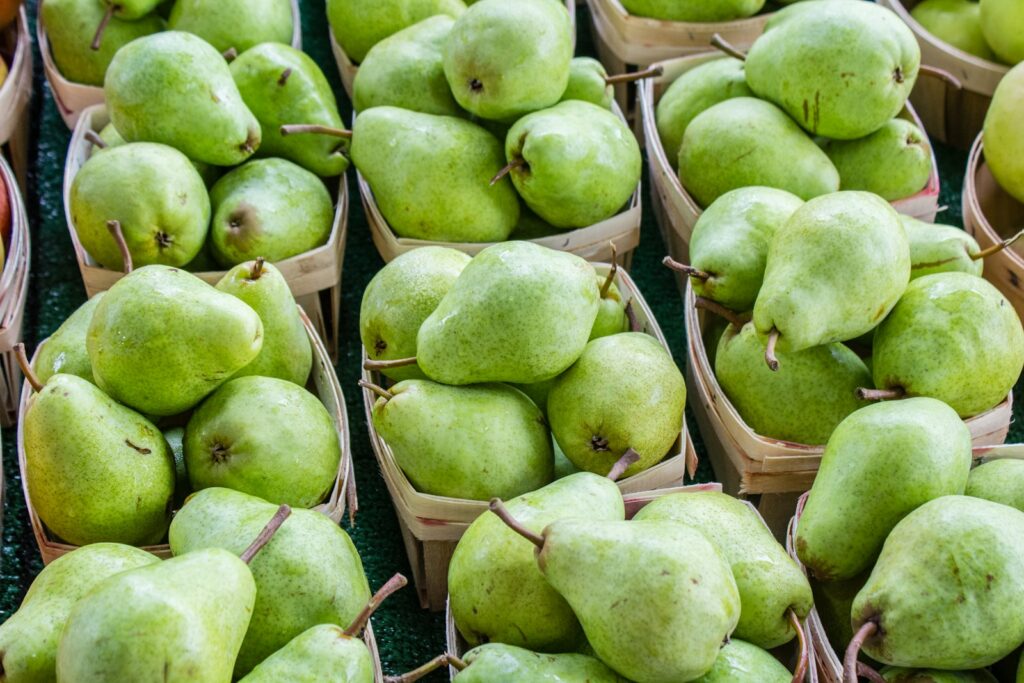
13. **Pears**Pears are a true powerhouse when it comes to fiber, with much of their nearly “6 grams of fiber” being the soluble kind. This soluble fiber is particularly effective at helping you feel fuller for longer, which can naturally lead to eating less and supporting your weight loss goals. The bulk and slow digestion rate of fiber contribute to this prolonged sense of satisfaction.
The benefits of pears for weight loss are further supported by scientific research. A 12-week study demonstrated that individuals who ate “two pears a day (compared to pear juice) led to significantly lower waist measurements at the end of the study.” This suggests that consuming whole pears, with their intact fiber, offers superior benefits for body composition compared to their juiced counterparts, making them an excellent choice for a trim waistline.
Read more about: Effortless Elegance: 7 Practical Tips for Stylish Looks After 60
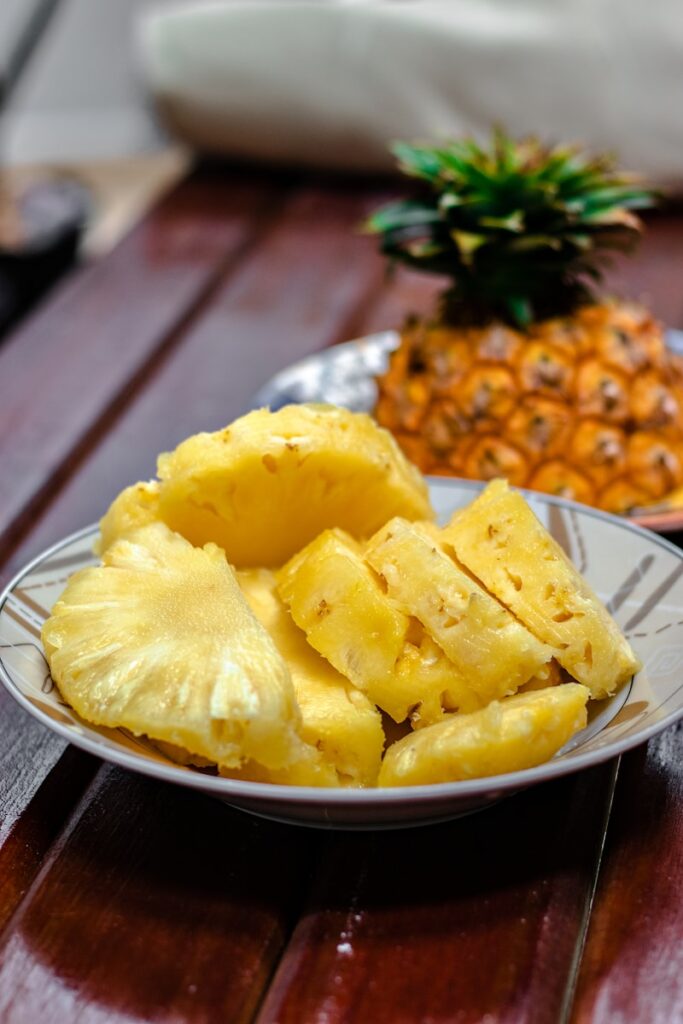
14. **Pineapple**Pineapple offers a surprisingly beneficial role in weight management, primarily through its ability to promote better sleep. Quality sleep is a crucial, yet often overlooked, component of a successful weight loss strategy. Research indicates that consuming pineapple can significantly increase melatonin levels, a hormone vital for regulating sleep patterns.
In a compelling study, participants who ate pineapple experienced their melatonin levels triple within just two hours. Since adequate, restful sleep is essential for proper hunger regulation, maintaining a healthy metabolism, and reducing cravings, incorporating melatonin-rich foods like pineapple into your diet can support both improved sleep and your overall weight loss objectives. It’s a sweet way to help your body optimize its natural rhythms for better health.
Read more about: Unraveling the Final Moments: An In-Depth Investigation into the Tragic Demise of Paul Walker at 40
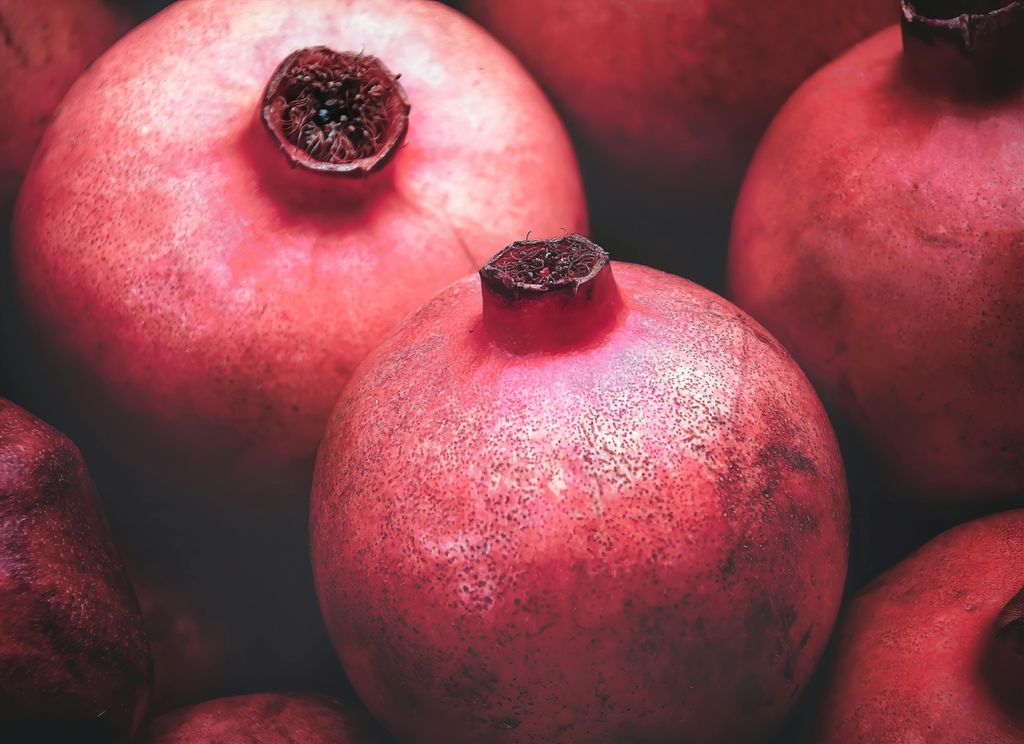
15. **Pomegranates**Pomegranates are a vibrant and nutritious addition to any weight loss diet, celebrated for their high fiber content and potent antioxidants. A half-cup serving of pomegranate seeds provides nearly “4 grams of hunger-fighting fiber,” which is excellent for promoting satiety and keeping hunger pangs in check throughout the day. This can naturally lead to reduced calorie intake.
Beyond their fiber benefits, pomegranates are exceptionally rich in polyphenol antioxidants. Researchers believe these powerful plant compounds may play a significant role in fighting obesity, potentially through their positive impact on gut health and their ability to promote fat breakdown in the body. By adding pomegranates to your meals or snacks, you’re not only enjoying a delicious fruit but also equipping your body with compounds that may help prevent gradual weight gain and support a healthier metabolism.
**Fruits to Avoid for Optimal Weight Loss: The Hidden Pitfalls**
While fruit is undeniably beneficial, it’s crucial to understand that not all forms of fruit contribute equally to weight loss, and some can even hinder your progress. Doctors are particularly keen for people trying to lose weight to be mindful of two specific fruit-related pitfalls: dried fruit and 100% fruit juice. These options, while seemingly healthy, can be surprisingly easy to overconsume, working against your weight loss goals.
Dried fruit, for example, has had most of its water removed, which concentrates its natural sugars and calories. This means that a small serving of dried fruit can pack a significant caloric punch compared to its fresh counterpart. “A healthy serving is ¼ cup of dried fruit, which is equivalent to ½ cup of fresh fruit,” emphasizing the importance of strict portion control. Without the water, dried fruit provides less satiety, making it easier to eat more than intended.
Similarly, 100% fruit juice, despite containing beneficial nutrients, presents a challenge because it lacks the fiber found in whole fruit. This absence of fiber means it’s much easier to overdrink, leading to a rapid intake of sugars without the satiating effect of fiber. A “2024 analysis found that drinking more than one glass of juice per day was linked to a slight increase in weight.” For adults, a standard serving of juice is 8 ounces, but for weight loss, it’s recommended to stick with even smaller portions, around 4 ounces, or dilute it with seltzer water to enjoy a larger, less concentrated drink.
**Smart Consumption Strategies for Sustainable Results**
Navigating the world of fruit for weight loss doesn’t have to be complicated, but it does require a smart, holistic approach. The overarching principle is that no single food directly causes weight gain; rather, it’s the “overall quality of your diet and whether you’re eating in line with your body’s energy needs” that matters most. As long as fruit is part of a balanced diet, its benefits far outweigh any potential drawbacks for most individuals.
A crucial strategy for effective weight management is to focus on “whole, plant-based foods while minimizing heavily processed options.” Doctors advise aiming to fill “half your plate with fiber-rich, non-starchy vegetables” and then dividing the remaining space between protein and whole-food carbohydrates, which include fruits, whole grains, starchy vegetables, and beans. This approach ensures a nutrient-dense, satiating diet that naturally supports calorie regulation.
It’s also important to address common misconceptions, such as the idea of a “fruit detox.” This is a definitive “hard no.” Your body possesses its own sophisticated, built-in systems—your liver, kidneys, and digestive system—that continuously work to remove waste and keep you healthy. A fruit-only detox is overly restrictive, lacking essential protein and nutrients vital for maintaining muscle mass (which is key for fat-burning) and overall health. For sustainable weight loss, prioritize adequate sleep and regular physical activity, recognizing that obesity is a complex condition that may sometimes require medical interventions alongside lifestyle adjustments.
Read more about: Unveiling the Mediterranean: A Comprehensive Journey Through its History, Geography, and Enduring Significance
Harnessing the power of these incredible fruits, alongside smart dietary choices and a healthy lifestyle, empowers you to achieve your weight loss goals effectively and enjoyably. By understanding which fruits to embrace and which to approach with caution, you can transform your relationship with food and embark on a path to a healthier, more vibrant you.


